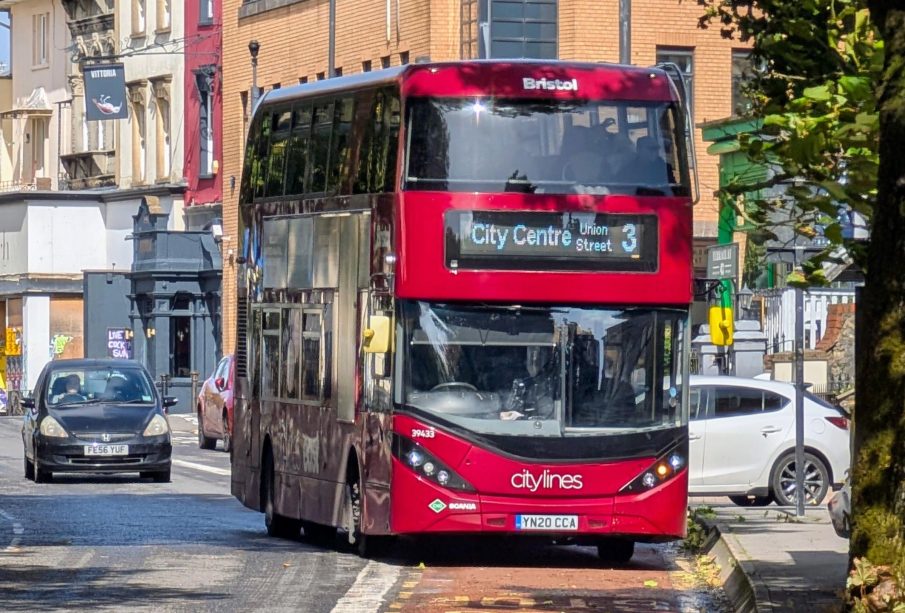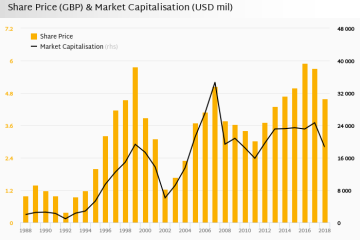Ongoing Challenges of the Bristol Bus Strike

Introduction
The Bristol bus strike has captured the attention of commuters and city officials alike, with significant implications for public transport in the region. As drivers demand fairer pay and improved working conditions, the strike has disrupted transport services, affecting thousands of residents who rely on buses for their daily journeys. In light of rising living costs and a growing discontent within the workforce, the Bristol bus strike highlights broader issues regarding fair employment practices and public service reliability.
Details of the Strike
The strike, which commenced on September 25, 2023, has seen members of the transport union take action against the operating company, First Bus. The drivers are seeking a pay rise that matches inflation, alongside enhanced safety measures and more reasonable work hours. This conflict arose after negotiations between the union and the bus company reportedly stalled. Both parties have expressed frustration, but no breakthrough has been achieved.
As of early October, striking drivers have organised demonstrations, rapidly garnering support from local communities and other union workers. Many commuters have voiced their dissatisfaction over the lack of public transport, leading to long queues at alternative travel options. Schools, businesses, and urgent service providers are also feeling the ripple effects of the disrupted transport network.
Community Impact and Reactions
Local leaders have called for a swift resolution, emphasising the importance of reliable public service for the economic stability of Bristol. Several protests have taken place, rallying the community to voice their support for the bus drivers while pressuring the company to reconsider its stance. Additionally, alternative travel solutions have been proposed, including increased cycling infrastructure and additional carpool options, as residents look for ways to cope with the current transport crisis.
Conclusion
As the Bristol bus strike continues, the importance of fair working conditions and assembling a reliable public transport system underscored by the ongoing dispute has never been clearer. With negotiations reportedly back on the table, many hope for a resolution that addresses the concerns of the drivers while reinstating regular bus services. Observers will be keeping a close eye on how this situation evolves, as it could set a precedent for other regions facing similar labour disputes. For Bristol’s residents, the outcome of the bus strike is crucial not only for their daily commutes but also for the city’s overall economic health and development.









